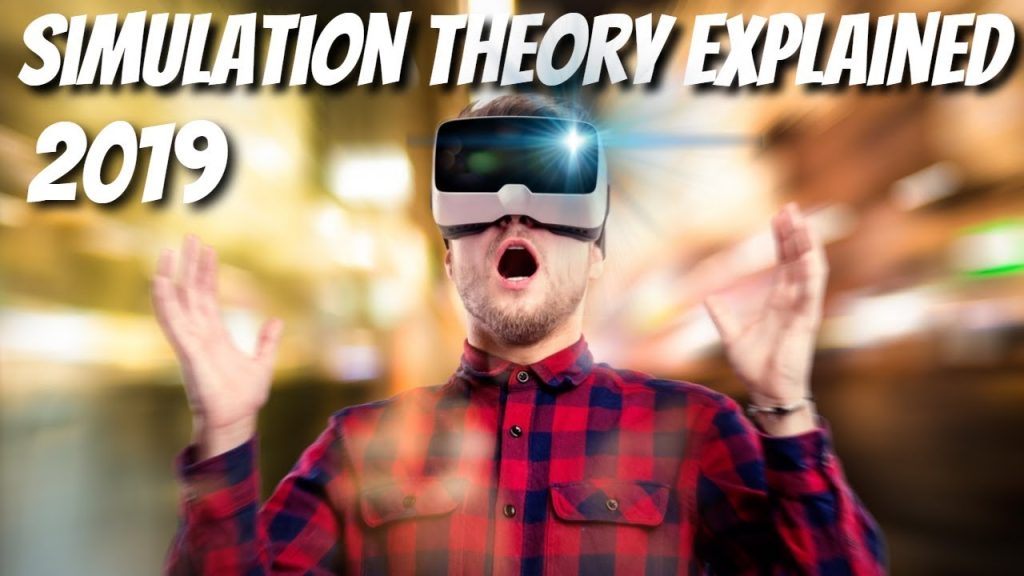The Simulation Hypothesis is an intriguing idea that suggests our reality might not be what it seems. Instead of living in a real, physical world, we could be characters in a highly advanced computer simulation. This concept has attracted attention in philosophy, science, and popular culture. Let’s explore what the Simulation Hypothesis is, its implications, and the arguments for and against it.
What is the Simulation Hypothesis?
The Simulation Hypothesis suggests that everything we experience—our thoughts, feelings, and the world around us—might be part of a simulated reality created by a more advanced civilization. Philosopher Nick Bostrom popularized this idea in 2003. He argued that if future civilizations have the technology to create realistic simulations of their ancestors, it is possible that we are living in one of those simulations.
The Basis of the Hypothesis
The hypothesis is based on a few key points:
Advancing Technology: As technology improves, we are getting better at creating realistic virtual worlds. Video games and virtual reality are just the beginning. In the future, we might be able to create simulations that are indistinguishable from reality.
The Probability Argument: If many advanced civilizations create simulations, the number of simulated realities could far exceed the number of actual realities. Therefore, it might be more likely that we are in a simulation than in the original reality.
Philosophical Questions: The Simulation Hypothesis raises important questions about existence and consciousness. If we are in a simulation, what does that say about our free will and the nature of reality?
Arguments For the Simulation Hypothesis
Technological Progress: The rapid development of technology suggests that creating a simulation could be possible. Just a few decades ago, virtual reality was a dream, but now it is becoming a reality.

Unexplained Phenomena: Some people point to unexplained events or coincidences in life as potential glitches in the simulation. For example, déjà vu or strange coincidences might be seen as signs that we are in a programmed reality.
Mathematical Patterns: The universe has many mathematical patterns and laws. Some argue that these patterns resemble the code of a computer program, suggesting that our reality might be designed like a simulation.
Arguments Against the Simulation Hypothesis
Lack of Evidence: Critics argue that there is no concrete evidence to support the idea that we are living in a simulation. While it is an interesting theory, it remains speculative.
Complexity of Reality: The real world is incredibly complex, with countless variables and interactions. Creating a perfect simulation of such a complex reality would be an enormous challenge, even for an advanced civilization.
Philosophical Objections: Some philosophers argue that the Simulation Hypothesis raises more questions than it answers. If we are in a simulation, who created it, and what is their purpose? These questions can lead to an infinite regress of explanations.

Conclusion
The Simulation Hypothesis is a thought-provoking idea that challenges our understanding of reality. While it is not proven, it encourages us to think about the nature of existence, consciousness, and technology. Whether we are characters in a cosmic game or living in the real world, the questions it raises are important for our understanding of life and the universe.
As technology continues to advance, we may find ourselves closer to answering these questions. For now, the Simulation Hypothesis remains a captivating topic that blurs the lines between science, philosophy, and imagination. Whether we are in a simulation or not, exploring this idea can inspire us to ponder the mysteries of existence and our place in the cosmos.







